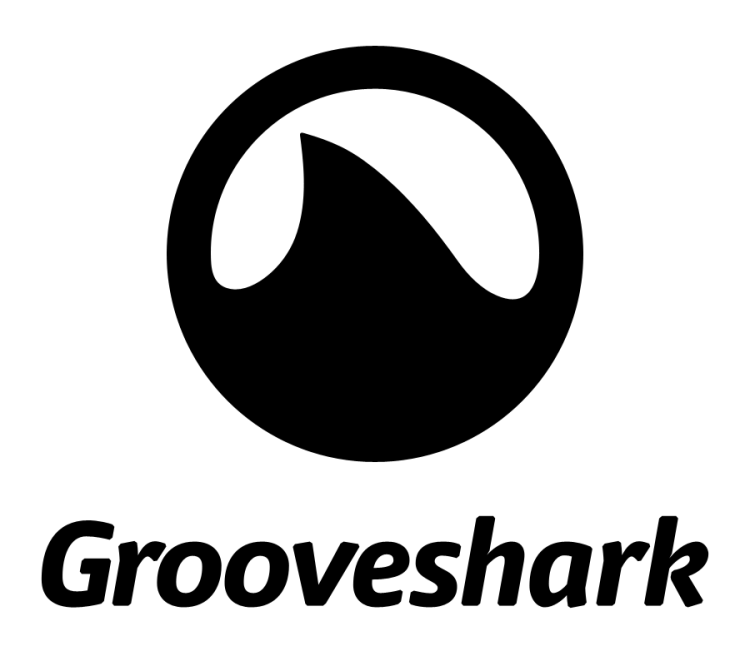Music streaming company Grooveshark has shut down, according to a letter on its homepage today.
“We started out nearly ten years ago with the goal of helping fans share and discover music,” the letter stated. “But despite best of intentions, we made very serious mistakes. We failed to secure licenses from rights holders for the vast amount of music on the service.”
“That was wrong. We apologize. Without reservation.”
Grooveshark shutting down is a result of a settlement with record companies, according to the letter. The company has had less than perfect relations with labels in the past.
June 5th: The AI Audit in NYC
Join us next week in NYC to engage with top executive leaders, delving into strategies for auditing AI models to ensure fairness, optimal performance, and ethical compliance across diverse organizations. Secure your attendance for this exclusive invite-only event.
The letter calls out several music-streaming services that remain legally, including Spotify, Deezer, Google Play, Apple’s Beats Music, Rhapsody, and Rdio.
The Spotify reference is ironic, considering that Spotify chief executive Daniel Ek in November derided Grooveshark, describing it as a “pirate” service. The Google Play reference is interesting, too, given that the Grooveshark app for Android was not once but twice kicked out of the Google Play Store.
Grooveshark started, and attracted attention, by letting people upload their own MP3s to the site. In 2013 the company introduced the Broadcast streaming radio service. At the time, Grooveshark cofounder and chief executive Sam Tarantino told VentureBeat that the company couldn’t pay record labels through Sound Exchange for usage of Broadcast.
The company began in 2006, with headquarters in Gainesville, Florida. Investors include Eghosa Omoigui, Dan Rua, and David Whitney. Grooveshark said on its AngelList profile that it had “more than 20 million users sharing over 15 million files.”


